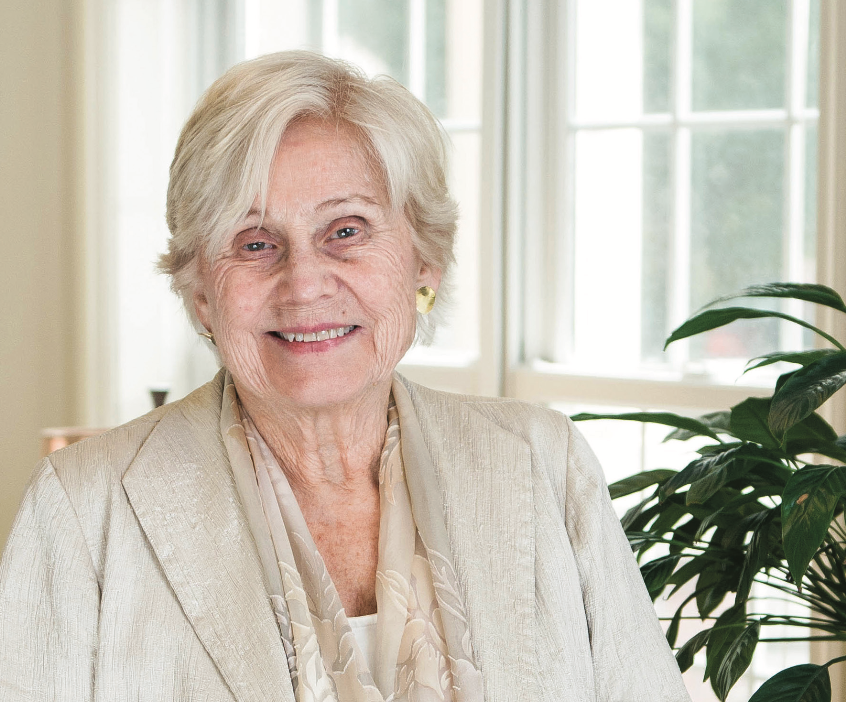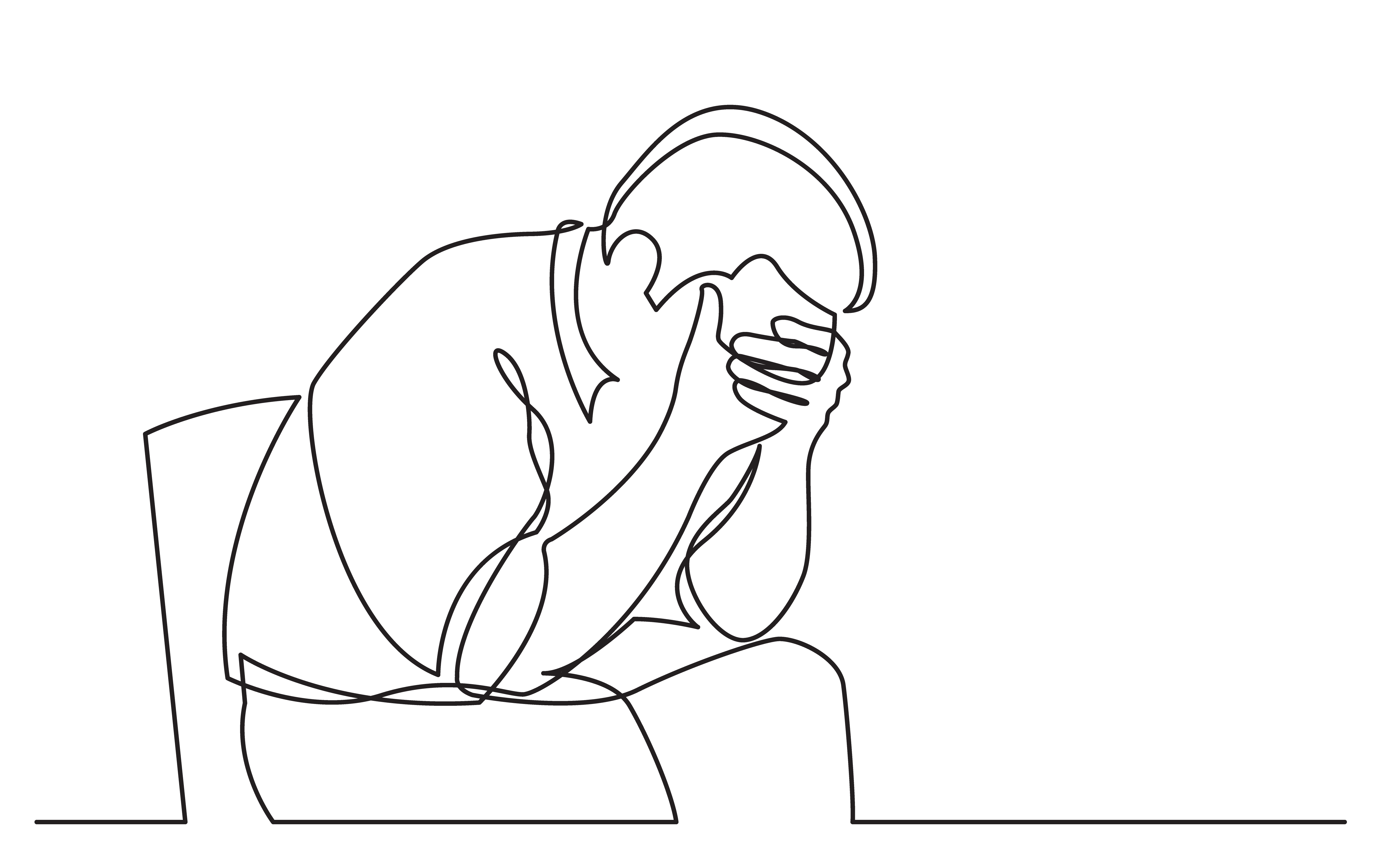I’m 85 years old and this is the worst time of turbulence and chaos that I’ve ever lived through. I suspect it’s the same for you. None of us can maintain our regular lifestyle and routines. Even those of us who are most resistant to change have had to adapt to this evolving situation. We (most of us, anyway) are dealing with:
Increased uncertainty
Stay-at-home restriction
More death and dying
Before the pandemic, people in their eighties were already living in an environment that was characterized by much uncertainty, being at home most of the time, and frequent deaths of friends and people in their age group. Over time, we have learned from necessity how to cope with these realities. What is often not recognized is that we have much know-how to share with families and younger generations about how to cope with today’s pandemic.
Increased Uncertainty
People adapt to uncertainty by staying rooted in the present. People in their eighties already live like there is no tomorrow. For us, life itself is uncertain. Since our future horizon is so short, maybe only days or months, we don’t make plans any further out than 18 months. Since we are not preoccupied with thinking about the future, we find ourselves plunk in the present moment. We deal with the issues of today—getting our coffee, watching the sunrise, feeding the cat. Eightysomethings daily existence is mostly lived in the present; it’s eminently possible.
The enormous black cloud of uncertainty that envelops us during this pandemic is disturbing the inner peace of people of all ages. Do you find yourself imagining bad things that may lie ahead?
How exactly do you follow the ubiquitous advice of “live in the now”? Here is a way to begin.
Whenever you start to worry about the future: When will the pandemic end? Will there be a major depression? Will I lose my job? Will someone I love die? That’s the time to say, “Just for this moment, I will not worry.” Just saying this can break the cycle. Do this whenever you begin to worry. You may have to say this 5 or 50 times a day. Coming into the present is a skill that takes practice. Meditation is another way to calm yourself.
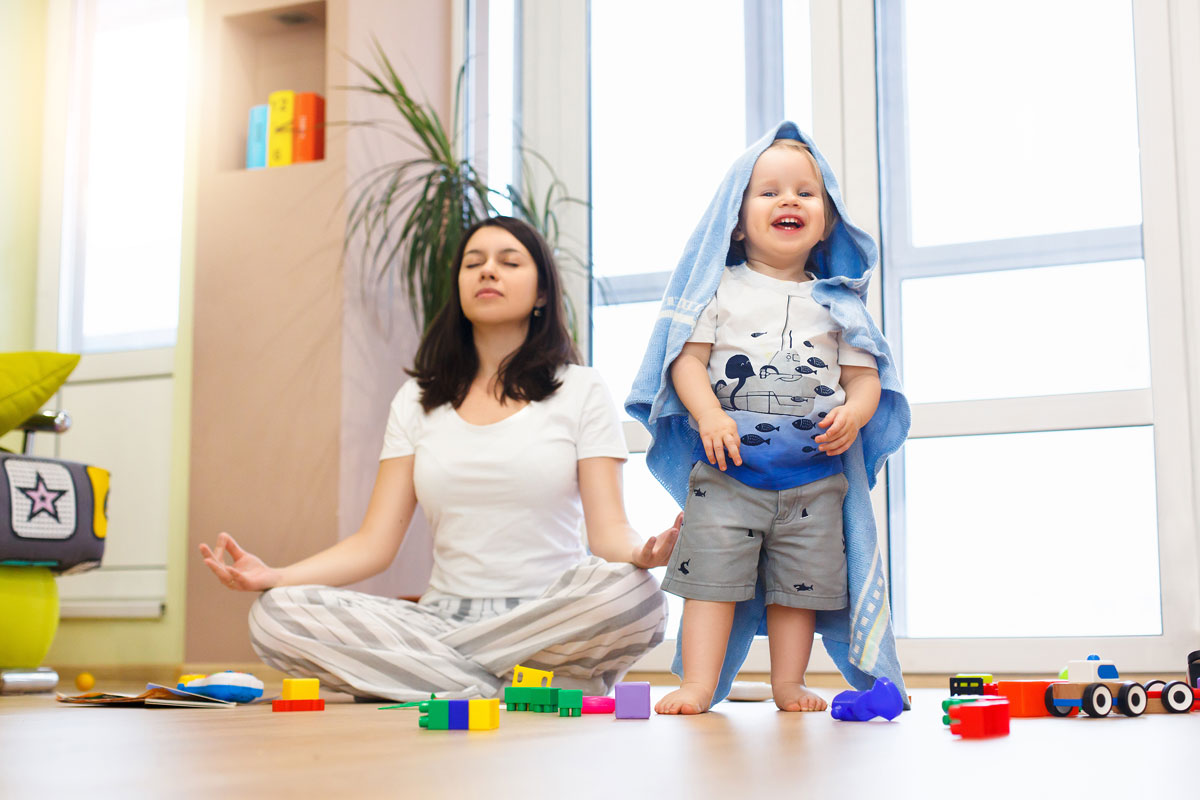
Stay-at-home restriction
In the time of the coronavirus, we all are sequestered from others. We have the time to socialize but there may be nobody around. We feel alone, scared and maybe lonely. We can only divert ourselves with jokes and funny pictures from the internet for so long before they get annoying. We crave human companionship. Zoom has been a gift during this time so we all can connect with family and friends who live elsewhere. Easter and Passover became large family gatherings connecting people from coast to coast to celebrate.
What the younger generations are learning from the 80+ generation is the possibility of an old-fashioned telephone call satisfying the deep hunger we have for connection. As eightysomethings, we grew up talking on the phone for hours to our boyfriends and girlfriends. And we continued talking on the phone at length our whole adult lives. Zoom groups are wonderful, but the intimacy we yearn for is more likely to happen in a conversation between just two people. As a psychotherapist, I know that two is the magic number for deep connection. Verizon recently reported that, since the pandemic, telephone calls are way up after years of decline. And they are 33% longer.
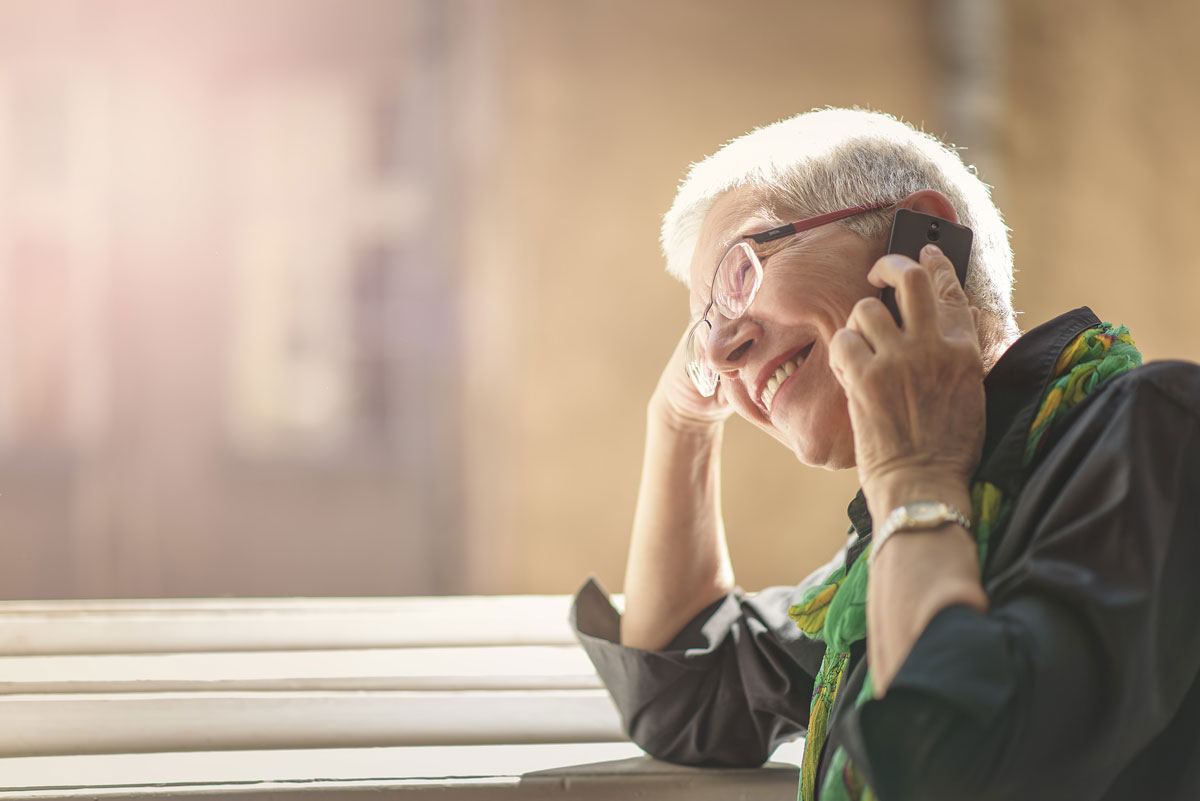
Just as I was writing this I got a call from my grandson Marc in New Jersey. “How are you, Gran,” What a warm feeling that call brought me. We all need to reach out to our loved ones by whatever method to check-in and to let them know they matter. It is a great way to cope with life in the time of pandemic and transcend our physical distance.
Surrounded by news of death and dying
The media bombards us daily with the grim statistics of the COVID-19 pandemic: how many people are projected to die, how many have died of the virus in the world, in the U.S., in our state. The news, the politics, is so disturbing that many people tell me they limit the amount of time they spend watching the news. My younger clients report they are crying a lot.
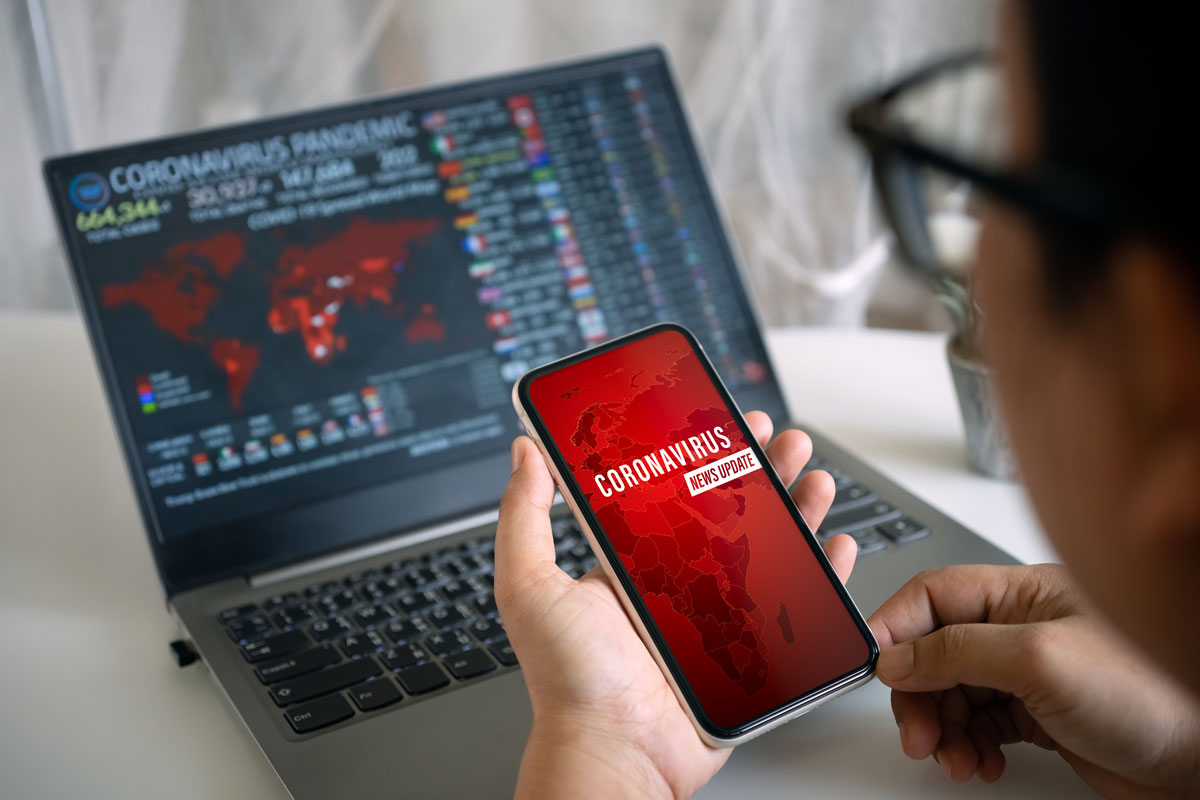
They can learn from the people in the 80+ generation who have developed some equanimity in the face of death and dying. In the U.S., about half the people in our age cohort were dead by the time we turned 80. Every one of us has lost numerous friends and many, like me, have also lost their spouse. We, oldsters, have learned how to grieve those who have died and when the time is right, to move on. We have learned how to put the breaks on anticipatory grief. That is, we do not leap into the future and mourn those who are still alive. The ability to manage loss is something everyone needs to learn. It is the key to aging well—and the key to managing in this environment.
I end this blog with a wish. May we all emerge after this pandemic as wiser people than we were and people who have developed new ways to cope with unexpected events.
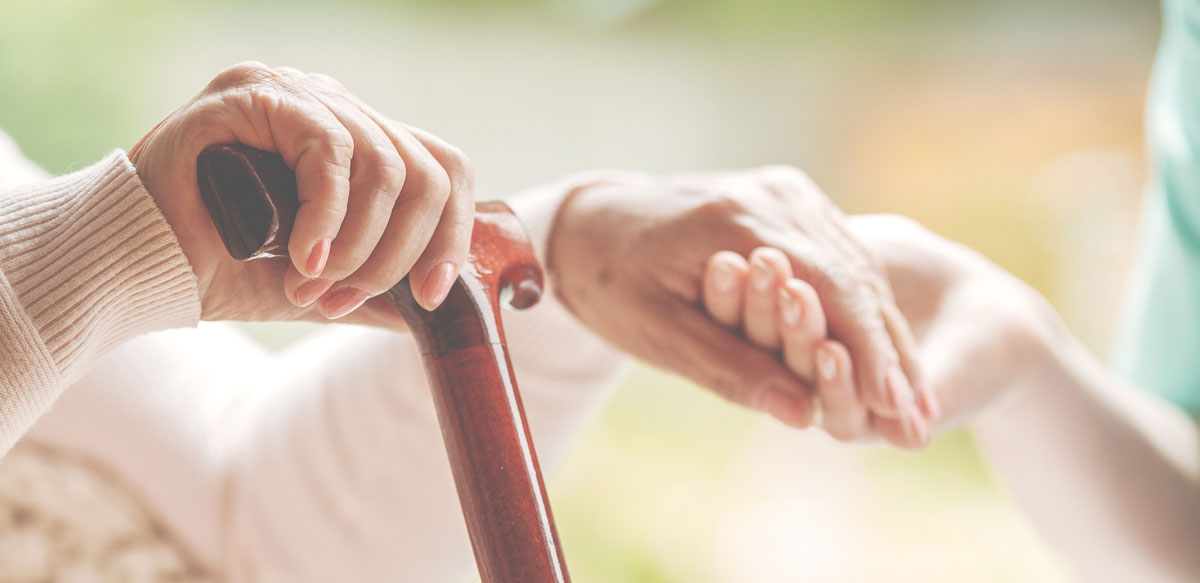
This post was originally published on April 21st, 2020.
#coronavirus #health #psychology #selfimprovement #eightysomethings #familydynamics #agingwell #weeklyprompt

